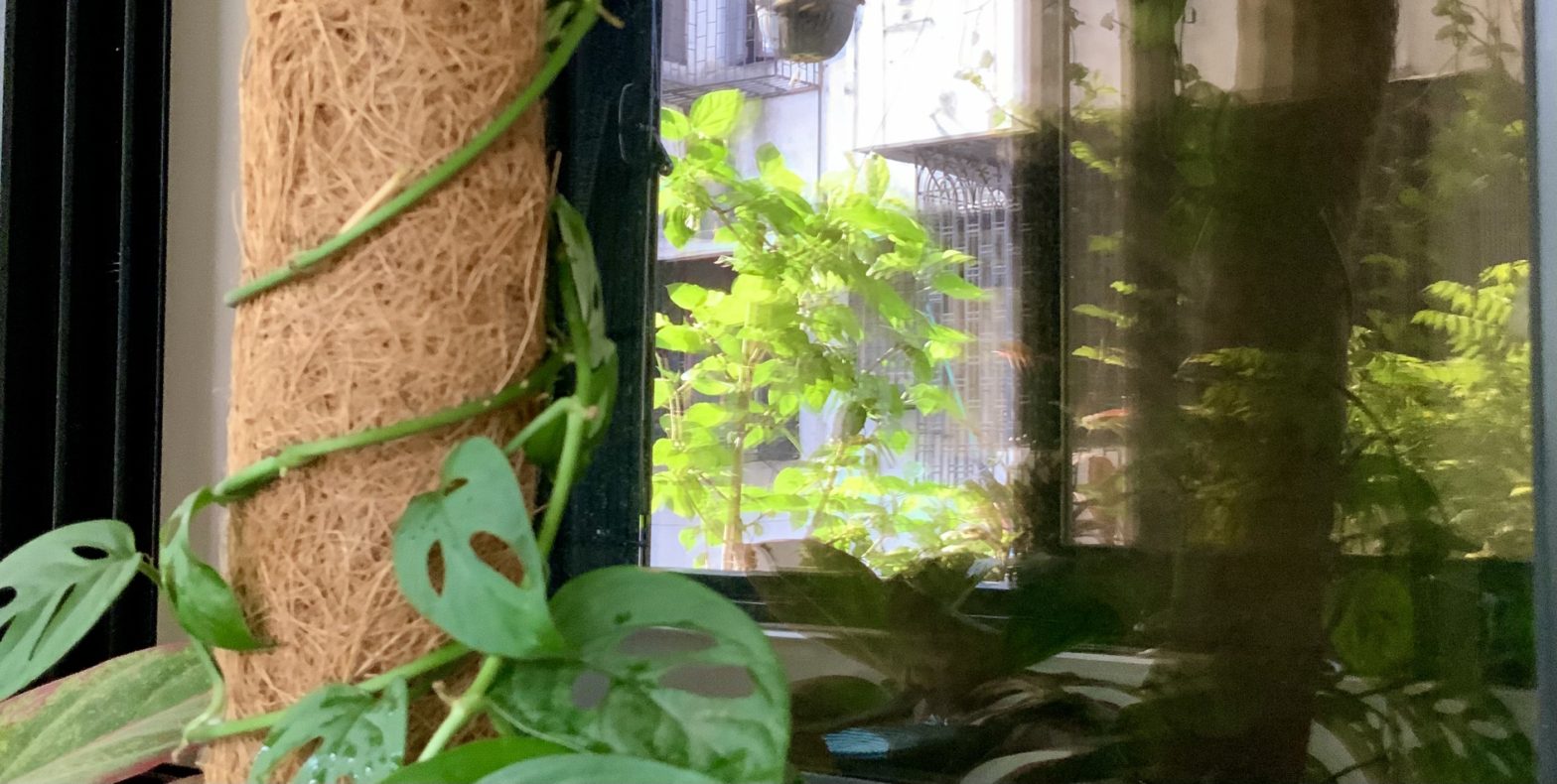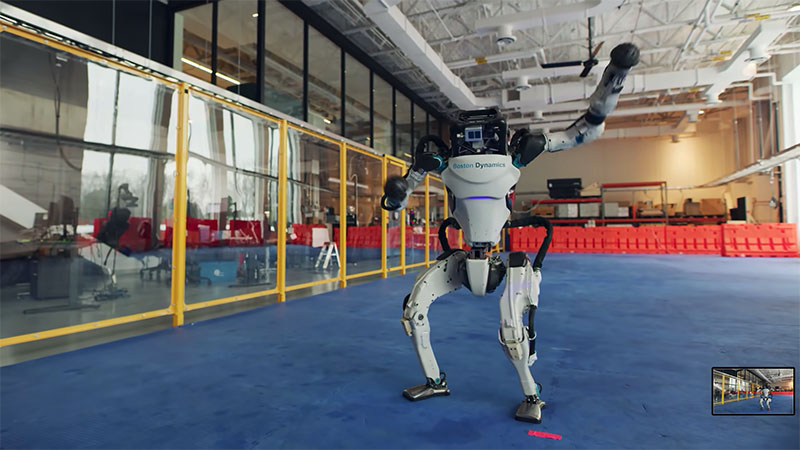In the conclusion of the excellent book “How Not To Die” by Dr. Michael Greger:
The overconsumption of sugar-sweetened foods has often been compared to drug addiction. Until very recently, this parallel was based more on anecdotal evidence than on solid scientific grounds. But now we have PET scans, imaging technology that allows doctors to measure brain activity in real time. It all started with a study that showed decreased dopamine sensitivity in obese individuals. The more the individual being studied weighed, the less responsive to dopamine he or she appeared to be. We see the same reduction in sensitivity in cocaine addicts and alcoholics. The brain gets so overstimulated that it ends up trying to turn down the volume.
This reminded me strongly of the post from a few days ago
where I described my take on why Starbucks, at least in India, made over-extracted, burnt espresso. I think it’s because the coffee had to be identifiable among the cream, flavouring and sweeteners in their drinks.
It’s the same principle at work with processed food. A friend who has experimented with several types of diets once told me his ‘palate’ changed when he moved to ‘clean eating’ (whatever that meant in his specific context), so that simply regular savoury Indian fast food seemed overwhelming.



